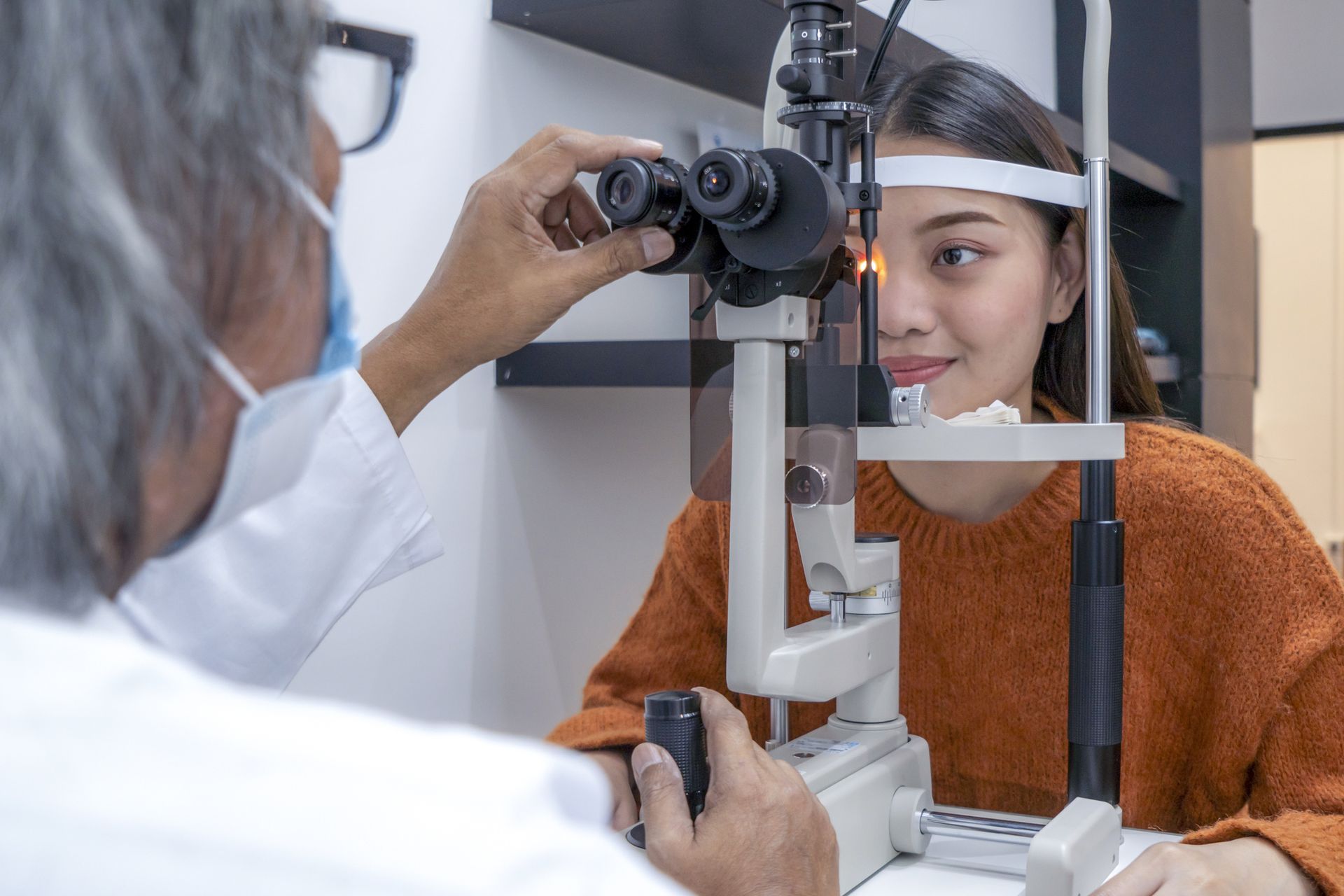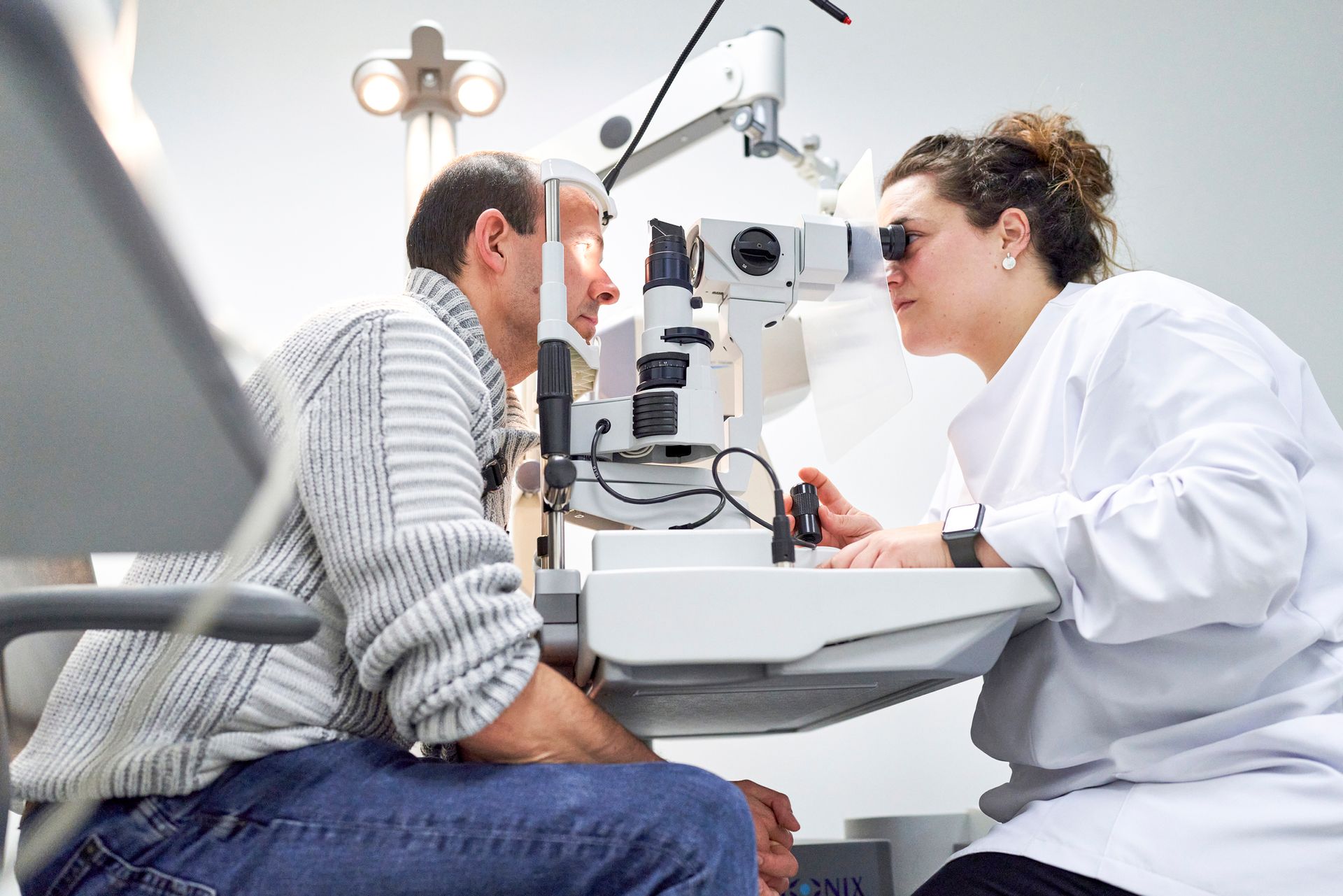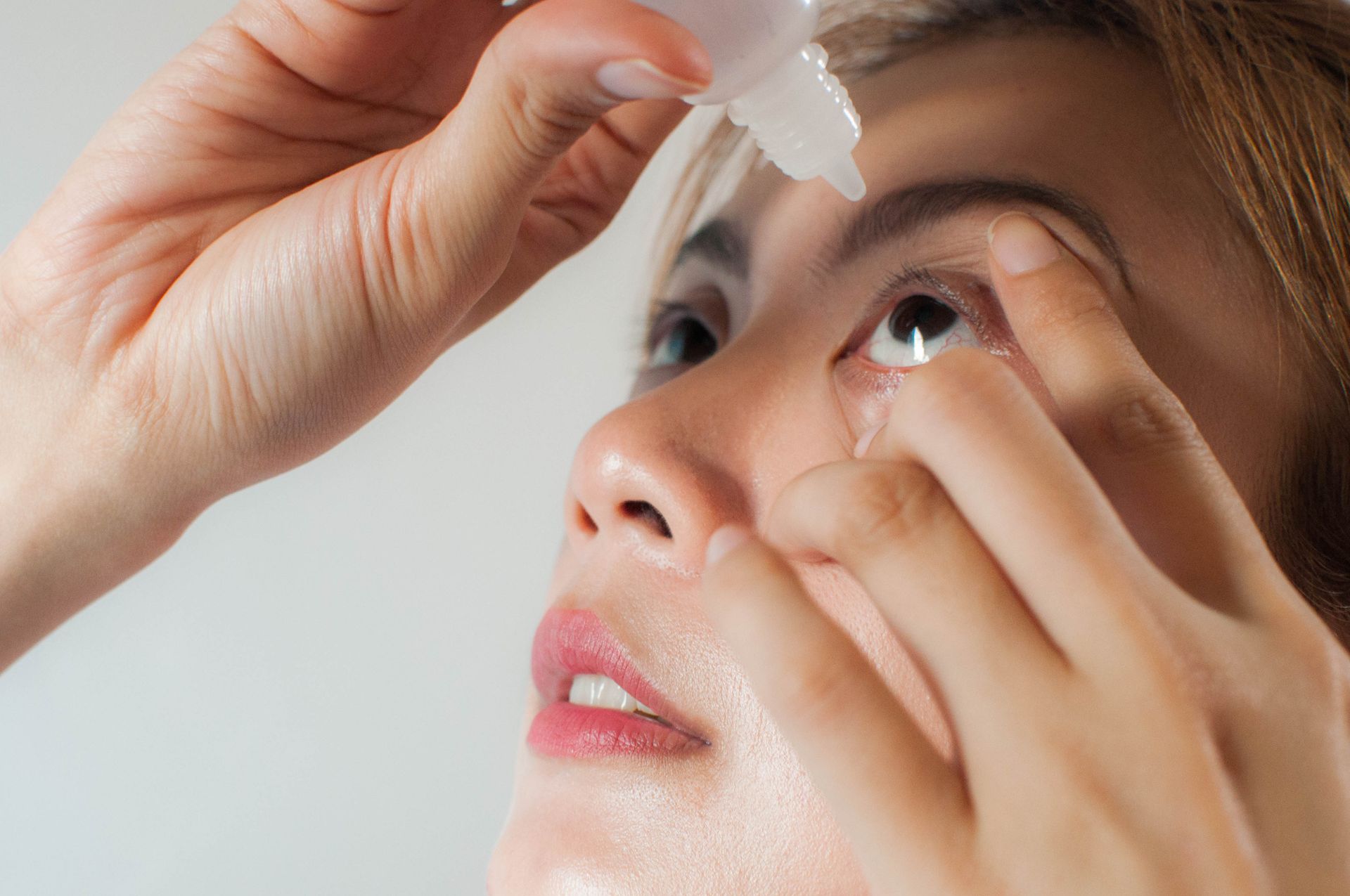How to Prevent and Relieve Allergic Conjunctivitis

Allergic conjunctivitis is an eye inflammation that occurs when your eyes react to allergen exposure. Various allergens can trigger allergic conjunctivitis, but they all have the same symptoms that include itchy eyes, red eyes, blurred vision, and swollen eyelids, among others. Below are some steps to help you deal with allergic conjunctivitis.
Avoid the Allergen
The best way to avoid any allergic reaction is to avoid the allergens that trigger the reactions. Unfortunately, you can't avoid the allergen if you don't know what you are allergic to in the first place. Some of the allergens that trigger allergic conjunctivitis include:
- Plant pollen
- Makeup
- Smoke
- Air pollutants
- Animal dander
As you can see, most of these allergens are all around you, and you can't avoid them easily. Here are some tips to help you with the avoidance:
- Stay indoors as much as possible to reduce your exposure to pollen and air pollutants.
- Use a well-maintained HVAC system that will keep the indoor air clean.
- Wash and brush your animals regularly to reduce dander production.
- Dust and clean your home and bedding to reduce dust, dust mites, and other pollutants.
Lubricate Your Eyes
Don't Rub Your Eyes
Your eyes will itch a lot if you have allergic conjunctivitis, and you will be tempted to rub them. Unfortunately, you will only worsen your symptoms and discomfort if you rub your eyes. Don't forget that the allergic reactions dry up the eyes, and you can easily bruise your eyes if you rub them in that condition.
Apart from the increased risk of bruises, you may also worsen the inflammation and even drive the allergens deep into your eyes if you rub them. Instead, use a cold compress (a soft towel or cotton wool dipped in water) to relieve the symptoms.
Avoid Contact Lenses
If you usually wear contact lenses, remove them if you get allergic conjunctivitis. The contact lenses will worsen your allergic symptoms if you don't remove them promptly. For one, the contacts may trap debris (that includes allergens) between their surfaces and your eyes. Secondly, the inflammation may interfere with the fit of the lenses, which will irritate your eyes.














